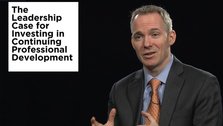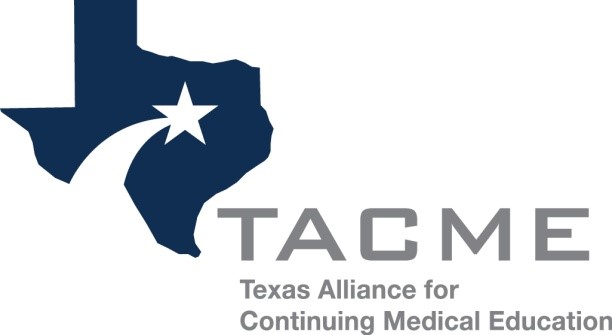 In his Academic Medicine commentary, “The Leadership Case for Investing in Continuing Professional Development,” Graham McMahon, MD, MMSc, President and CEO, ACCME, calls upon healthcare leaders to recognize the power and capacity of accredited CME to address many of the challenges in the healthcare environment, from clinician well-being to national imperatives for better health, better care, and lower costs. The Accreditation Council for Continuing Medical Education (ACCME®) is pleased to announce the publication of "The Leadership Case for Investing in Continuing Professional Development," by Graham McMahon, MD, MMSc, in Academic Medicine. A video accompanies the commentary.
In the commentary, Dr. McMahon calls upon healthcare leaders to recognize the power and capacity of accredited continuing medical education (CME) to address many of the challenges in the healthcare environment, from clinician well-being to national imperatives for better health, better care, and lower costs. Dr. McMahon offers principles and action steps for aligning leadership and educational strategy and urges institutional leaders to embrace the continuing professional development of their human capital as an organizational responsibility and opportunity — and to view engagement in education as an investment in people. CME is "an underused and low cost solution that can improve clinical performance, nurture effective collaborative teams, create meaning at work, and reduce burnout," Dr. McMahon writes. To optimize the benefits of education, clinical leaders need to think of CME as a vehicle that can help drive change and achieve institutional goals, in concert with quality improvement efforts, patient safety, and other systems changes. An empowered CME program, with its multi-professional scope and educational expertise, can contribute to initiatives focused on both clinical and nonclinical areas, such as quality and safety, professionalism, team communication, and process improvements, Dr. McMahon explains. By supporting the achievement of quality and safety goals and engaging in public health priorities, CME programs help organizations reach their strategic goals and demonstrate their leadership. "Healthcare leaders who recognize the strategic value of education can expect a meaningful return on their investment—not only in terms of the quality and safety of their clinicians’ work but also in the spirit and cohesiveness of the clinicians who work at the institution," Dr. McMahon concludes. Read the commentary. View the video. View on the ACCME website. Comments are closed.
|
Member Login
Member Login
Welcome, (First Name)! Enter Member Area
(Message automatically replaces this text)
OK
NewsNews from TACME and other online sources. Archives
February 2018
Source
All
|
© Copyright 1998-2023 Texas Alliance for Continuing Medical Education (TACME), Inc. All rights reserved..

 RSS Feed
RSS Feed
